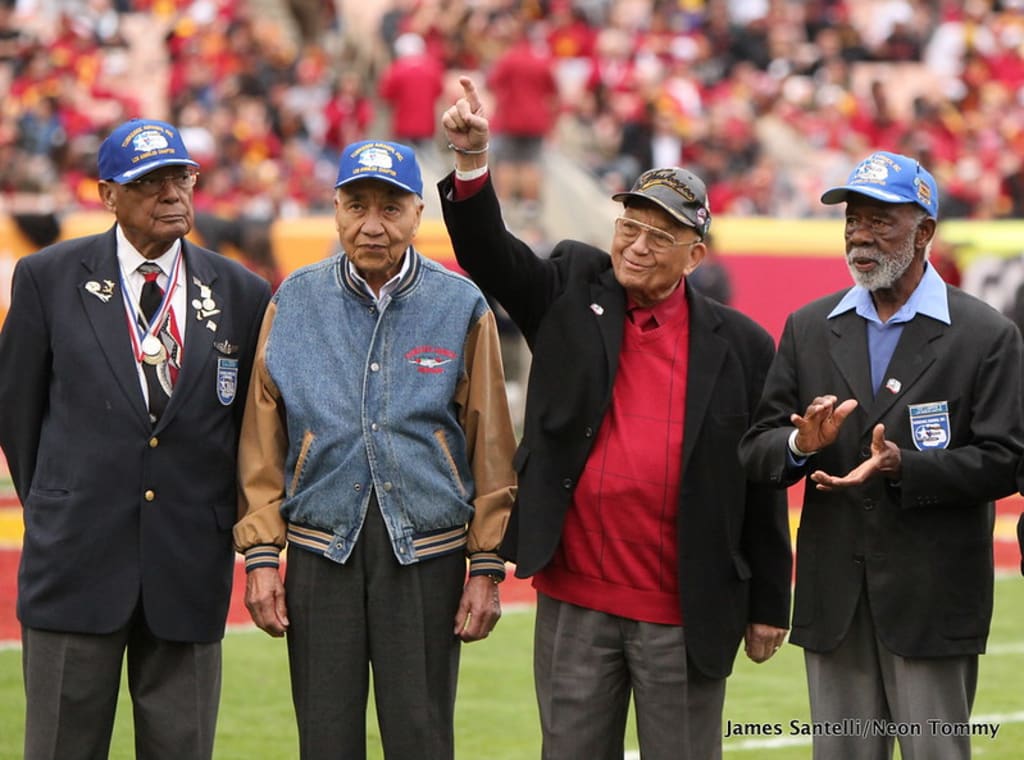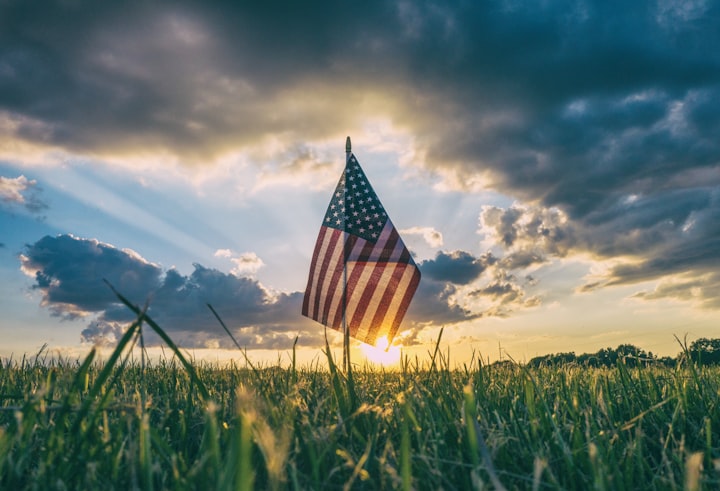Ricardo Khan’s 'Fly' Takes off with the Tuskegee Airmen
Musical Tells Story of WWII American Heroes

Photo by Neon Tommy
In 2008, as director Ricardo Khan was co-writing Fly with Trey Ellis, he made sure to be present when the Tuskegee Airmen were being honored at President Barack Obama’s inauguration. His realization was that the moment was set aside to recognize all the doors that these brave Americans opened. But for all the courage and patriotism that propelled these heroes, patience may have been the strength these fighter pilots needed most. Because what they returned to did not match up to their dream of making America a better place.
"The country seemed more racist than when they left,” said Khan. “Rosa Parks, Jackie Robinson and the civil rights movement — it took a long time to fully see the tide turn.”
That said, Fly takes a circuitous route to ground its audience in the history. “The musical shows the training the airmen undertook in Tuskegee, and dealing with the Jim Crow Laws, segregation, and instructors who just did not want them to be there. But we begin and end the play with the inauguration,” said Khan.
Ready to Change the World
Khan took his oath long before that, though. “I was very young when I saw a picture of them that just fascinated me. The pride and the stance they were all taking,” he said. “Tall, well dressed and very proper as if they were ready to change the world.”
The goals for Fly as just as lofty. “We have an interest in being able to tell the story of individual people so they’re not just figures in history. Then taking all the different personalities and egos, the play is about coming together as a team. That’s an important part of the way we did. Because unlike television or movies, theater has a magical capacity to connect the actors to the audience where you become a community. This hopefully leaves the audience walking out just a little better a person than when they walked in,” Khan revealed.
The Airmen, on the other hand, could have meet the racism and unfairness of the time in kind. Instead, they went a long with the greater consensus, according to Khan. “This wasn’t a time when people were saying, 'I don’t like my country.’ They were saying the opposite and wanted to be part of making a difference. Of course, they realized as bad as American racism was, fascism was worse. So they wanted to contribute, and believed if they could succeed, maybe one day racism could be toppled,” said Khan.
Wearing Emotions of the Soles of their Feet
Still, all the tumult didn’t allow all the airmen to be on the same page. “There is a huge range of emotions they represent — some are more filled with rage, others with optimism. But at the same time, they’re young and in the army and not everything can be expressed. They’re also black, which means representing their race, and that adds to all the pressures to restrict their emotions,” said Khan.
So to demonstrate what can’t be spoken, Fly uses African and hip-hop rooted tap dance to convey the emotions. “I wanted to find a way to grab the attention of a present-day audience so they weren’t just listening but were fully immersed. Tap ties to the 40s and hip-hop provides a hook to today so that it doesn’t feel like a history lesson,” said Khan.
Imagine Greater
As for slipping the surly bonds, Fly went high and low tech. “We use video projections and tap to help create this world, but little props create the real action. All I have is four chairs and the airman’s trunks, and by manipulating them into different positions, the message comes across. So we might tilt a trunk up to symbolize a soda counter. The approach allows me to be as creative as I can to challenge the audience,” he said.
This allows the viewers to use their imagination to create a world in which they are not just fed information, according to Khan.
Khan has a similar hope for the takeaway. “Don’t believe what you’re being fed about how different we are because of the color of your skin or if you’re a Republican or a Democrat. We are all in this together, concluded Khan. "So chapters in history like the Tuskegee Airmen truly shows the ways we are the same outweigh the ways in which we are different."
Author can be reached at [email protected]
Please like my Facebook Page
About the Creator
Rich Monetti
I am, I write.






Comments
There are no comments for this story
Be the first to respond and start the conversation.